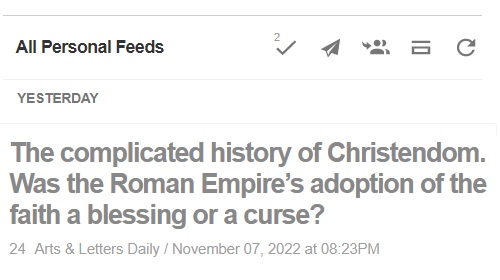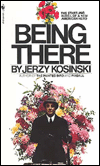Dirty Trick
Some quotations in memory of philosopher Stuart Hampshire, who died on June 13, 2004.
From the Hampshire obituary in The Guardian:
|
I
He frequently told the story of how, towards the end of the war, he had to interrogate a French traitor (imprisoned by the Free French), who refused to cooperate unless he was allowed to live. Should Hampshire, knowing the man was condemned to die, promise him a reprieve, which he was in no position to give, or truthfully refuse it, thereby jeopardising the lives of Resistance fighters?
“If you’re in a war,” said Hampshire, “you can’t start thinking, ‘Well I can’t lie to a man who’s going to be shot tomorrow and tell him that he isn’t.’ ”
But what the whole anecdote, and its incessant retelling, revealed was that Hampshire had, in fact, thought precisely what he said was unthinkable, and that whichever of the two decisions he finally took lay heavy on his conscience ever afterwards. Indicatively, too, it was especially loathsome to him because, although he did not say this in so many words, the traitor was almost a mirror image of himself – a cultivated young intellectual, looking like a film star, much influenced by elegant literary stylists – except that, in the traitor’s case, his literary mentors were fascist.
II
It is hard to know how Hampshire’s academic career was vitiated by the scandal over his affair with Ayer’s wife Renee, whom he married in 1961 after a divorce in which he was named as co-respondent. Even if less a matter of the dons’ moral conviction than their concern over how All Souls would appear, the affair caused a massive furore….
|
From a log24 entry on the day before Hampshire’s death:
|
I
“Hemingway called it a dirty trick. It might even be an ancient Ordeal laid down on us by an evil Inquisitor in Space…. the dirty Ordeal by Death….”
— Jack Kerouac in Desolation Angels
II
The New Yorker of June 14 & 21, 2004:
…in ‘The Devil’s Eye,’ Bergman’s little-known comedy of 1960. Pablo seduces the wife of a minister, and then, sorrowful and sated, falling to his knees, he addresses her thus:
‘First, I’ll finish off that half-dug vegetable patch I saw. Then I’ll sit and let the rain fall on me. I shall feel wonderfully cool. And I’ll breakfast on one of those sour apples down by the gate. After that, I shall go back to Hell.’ “
|
Whether Hampshire is now in Hell, the reader may surmise. Some evidence in Hampshire’s favor:
His review of On Beauty and Being Just, by Elaine Scarry, in The New York Review of Books of November 18, 1999. Note particularly his remarks on Fred Astaire, and the links to Astaire and the Four Last Things in an earlier entry of June 12, which was, as noted above, the day before Hampshire’s death.
As for the day of death itself, consider the following remark with which Hampshire concludes his review of Scarry’s book:
“But one must occasionally fly the flag, and the flag, incorrigibly, is beauty.”
In this connection, see the entry of the Sunday Hampshire died, Spider Web, as well as entries on the harrowing of hell — Holy Saturday, 2004 — and on beauty — Art Wars for Trotsky’s Birthday and A Mass for Lucero (written, as it happens, on June 13, 2002).














